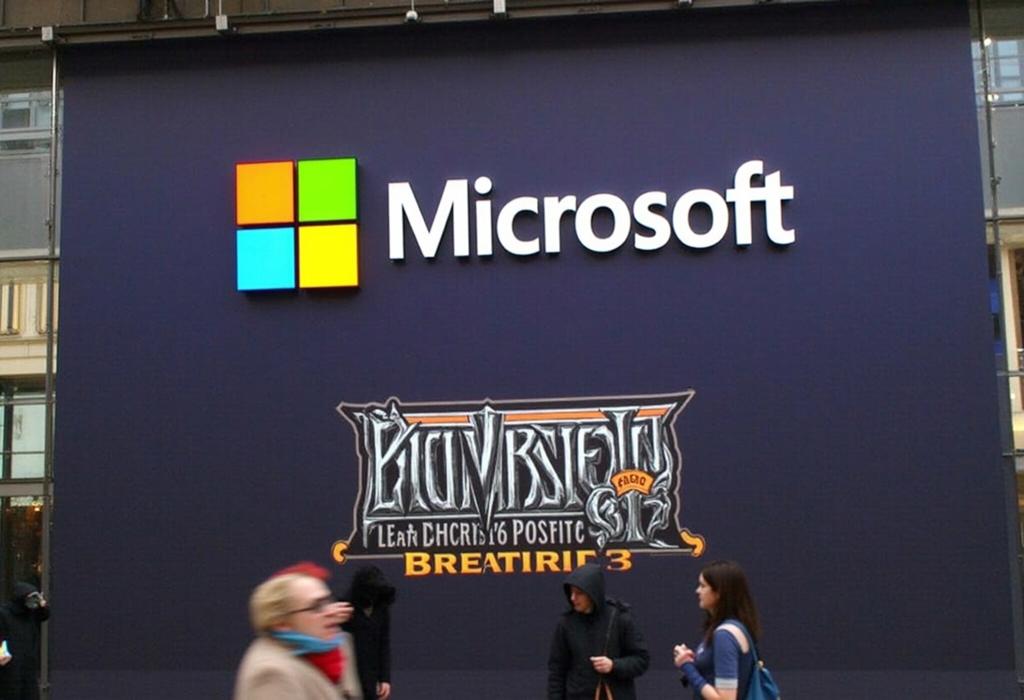In a significant ruling, the Ninth Circuit U.S. Court of Appeals has upheld a lower court's decision to allow Microsoft's controversial acquisition of Activision Blizzard to proceed without restrictions from the Federal Trade Commission (FTC). The court's decision comes after the FTC's prolonged attempts to block the deal, citing concerns over potential anti-competitive practices. Originating in December 2022 with an antitrust lawsuit, the FTC argued that the merger could harm competition within the evolving and lucrative gaming market. The court, however, stated that the FTC failed to present sufficient evidence that the acquisition would result in reduced competition.
The appeal to block the merger was specifically focused on Microsoft's cloud gaming ambitions and whether the acquisition would lead to exclusive content that could disadvantage rival platforms, such as PlayStation. The court found that Microsoft's commitments to keep popular titles like Call of Duty available on competing consoles weakened the FTC's position. The legal back-and-forth that characterized 2023 culminated in October, when the merger was officially completed. Despite the FTC's appeal, the Ninth Circuit maintained that the lower court applied the correct legal standards, reinforcing the view that Microsoft's strategy would not significantly undercut competition in the gaming landscape.
Following the ruling, Microsoft's financial gains from the acquisition began to materialize, with reports indicating a 61% year-over-year increase in Xbox content and services revenue, bolstered by Activision Blizzard's assets. This suggests not only the success of the deal from a business perspective but also raises questions about the effectiveness of regulatory interventions in such high-profile mergers.
The FTC's efforts incurred criticism, particularly as new leadership under a Trump-appointed chair hinted at a potential shift in focus towards other matters. With the acquisition successfully completed, the FTC faces scrutiny regarding its prioritization of cases against major corporations, raising further questions about agency resources and strategic direction. This marks a pivotal moment in the history of tech and gaming mergers, highlighting Microsoft’s growing influence in the industry amid ongoing regulatory challenges and competitive pressures.
AD
AD
AD
AD
Bias Analysis
Bias Score:
30/100
Neutral
Biased
This news has been analyzed from 12 different sources.
Bias Assessment: The article displays a low level of bias, primarily focusing on factual recounting of legal decisions and the success of Microsoft's acquisition. However, it leans slightly towards a pro-Microsoft perspective, emphasizing the economic benefits without extensively exploring the negative implications of such large corporate consolidations or the FTC's viewpoint beyond its failure in court.
Key Questions About This Article




